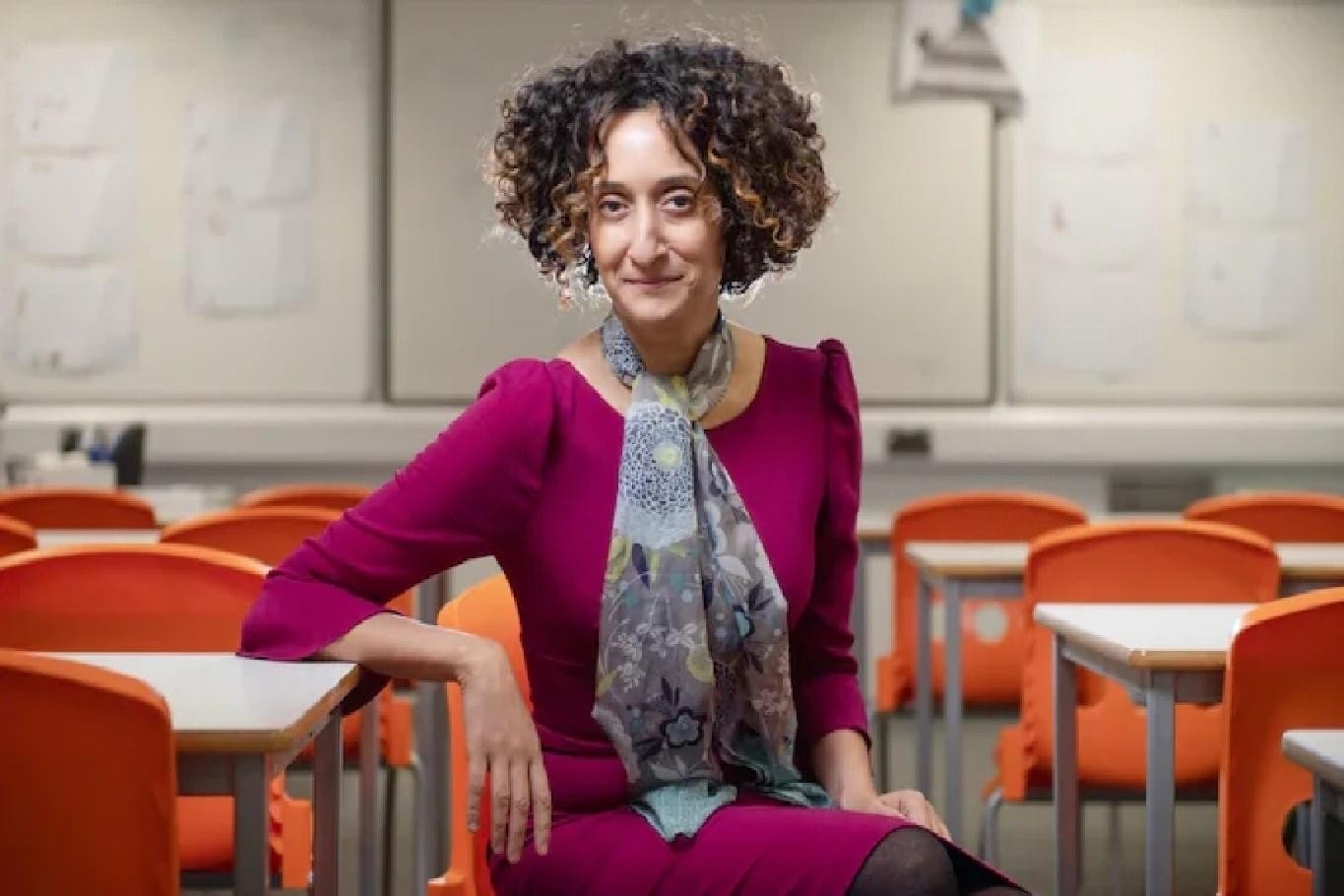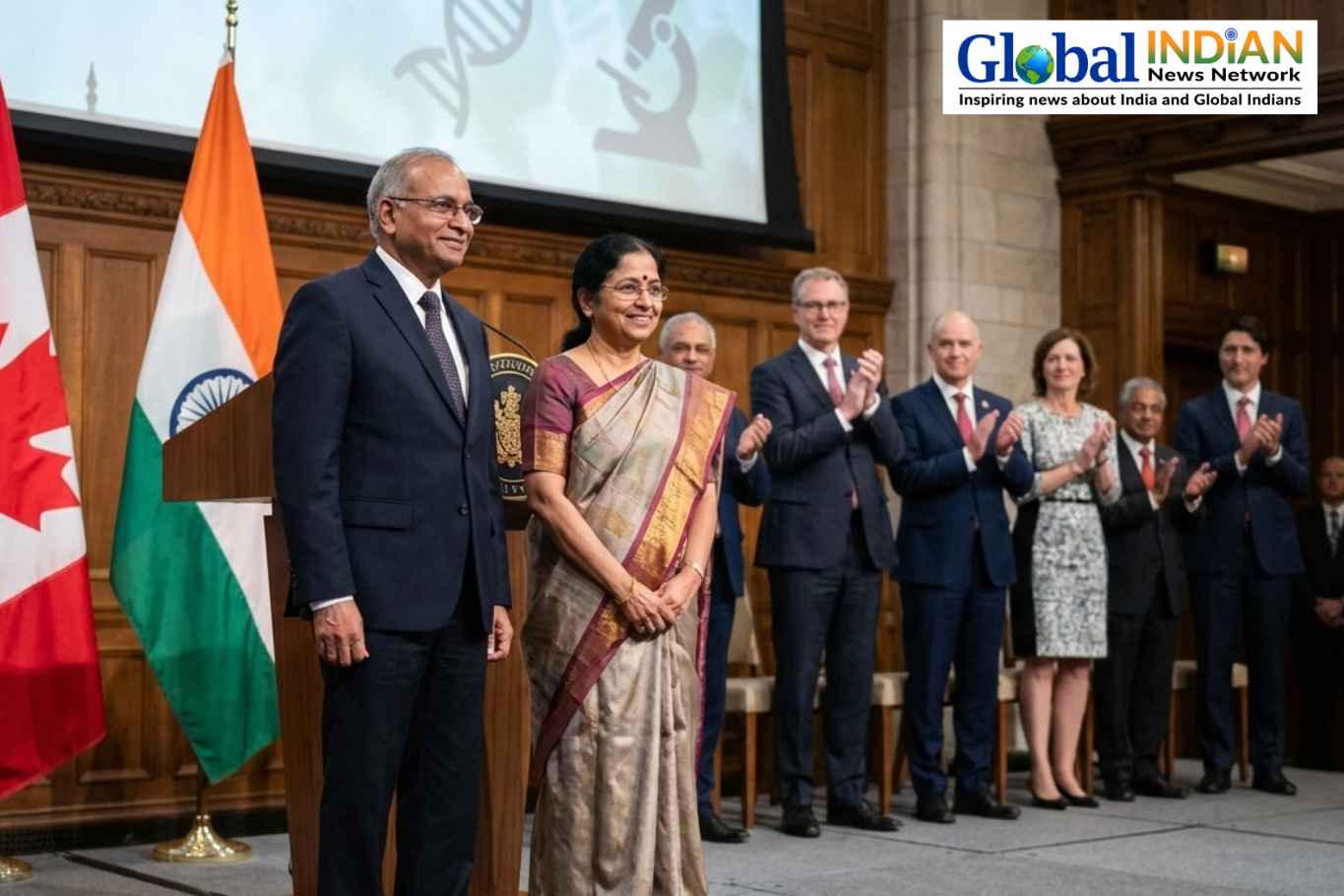
Katherine Birbalsingh, an Indian-origin school principal known as “Britain’s strictest headmistress,” recently celebrated a UK High Court ruling that upheld her school’s ban on prayer rituals, which had been challenged by a Muslim pupil as discriminatory. Birbalsingh, who heads Michaela School, a secular secondary school in Wembley, north London, defended the ban on religious prayers, stating that it aligned with the school’s commitment to fostering an inclusive environment.
Despite half of the school’s pupils being Muslims, it also enrolls significant numbers of Sikh, Hindu, and Christian students. Birbalsingh explained to the court that the school opted not to provide a prayer room for various reasons, including concerns about fostering division among students, lack of space, supervision constraints, and potential disruption to school activities.
Birbalsingh emphasized that allowing prayer had led to unacceptable segregation and an intimidatory atmosphere, posing a risk to the school’s strict disciplinary policies and overall ethos. Justice Thomas Linden supported the school’s stance, stating that it was reasonable for the school to maintain its longstanding policy of not providing a prayer room.
Following the court’s ruling, Birbalsingh hailed it as a victory for all schools and for the robust yet respectful secularism principles on which Michaela School operates. She stressed the importance of schools being free to make decisions that best serve their students’ needs without undue influence from individual preferences.
The High Court determined that the school’s ban on prayer rituals was lawful under Article 9 of the European Convention on Human Rights (ECHR) and Section 19 of the Equality Act 2010. While the Muslim pupil who challenged the ban expressed disappointment, she acknowledged the importance of focusing on her studies moving forward.









